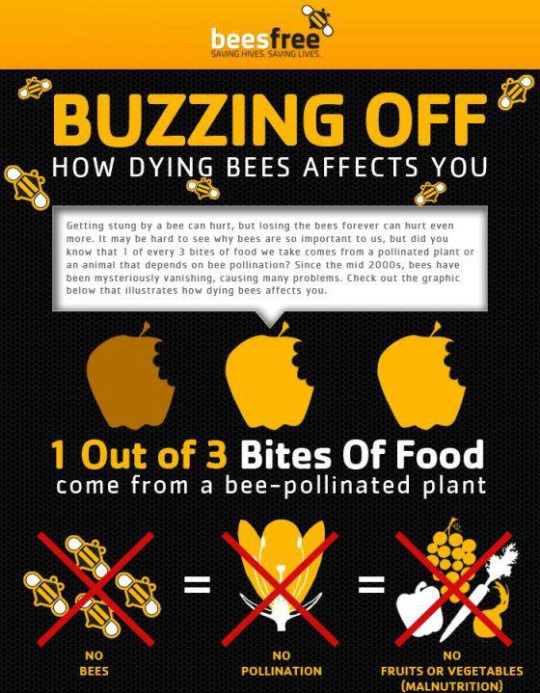The USDA approved engineering apples and potatoes that have added double-stranded RNA to silence the genes that cause browning when cut. They were approved without long-term safety tests
— Wall Street Apes (@WallStreetApes) August 11, 2025
Honeybees were fed a double stranded RNA meal, within weeks over 1400 GENES CHANGED
“They… pic.twitter.com/c4Xir94Bl5
Posts for Tag: vegetables
Foods That Cure Disease
"Foods That Cure Disease [2018]" is a documentary film directed by Craig McMahon that delves into the intriguing and often debated topic of the relationship between food and health. The film explores the idea that certain foods have the potential to prevent and even cure various diseases. This review will provide an overview of the documentary's key themes, content, and its potential impact on viewers.
Key Themes Explored:
1. Food as Medicine: The documentary emphasises the idea that the foods we consume play a vital role in our overall health. It highlights specific foods and their potential therapeutic properties.
- Nutrition and Disease Prevention: McMahon explores how a balanced diet rich in whole foods can help prevent a range of diseases, including heart disease, diabetes, and cancer.
- Holistic Health: The film advocates for a holistic approach to health, focusing on the interconnectedness of mind, body, and nutrition.
- Expert Interviews: The documentary features interviews with various experts in the fields of nutrition and medicine, who share their insights and research findings regarding the healing properties of certain foods.
- Case Studies: McMahon presents real-life case studies of individuals who have experienced significant health improvements through dietary changes, emphasising the potential for food to be a form of medicine.
Content Analysis:
The documentary provides a compelling narrative and effectively communicates its key messages. It employs a combination of expert interviews, personal stories, and scientific evidence to make a persuasive case for the healing potential of specific foods. However, it's important to note that the documentary may not provide an exhaustive view of the complex relationship between diet and disease.
Potential Impact:
"Foods That Cure Disease [2018]" has the potential to raise awareness about the importance of nutrition in health and disease prevention. It may inspire viewers to reevaluate their dietary choices and consider adopting a more balanced and wholesome approach to eating.
Critique:
While the documentary is informative and thought-provoking, it is essential for viewers to approach its claims critically. The topic of food and its impact on health is multifaceted, and individual responses to dietary changes can vary significantly. Furthermore, the film's focus on anecdotal evidence may leave some viewers seeking a more comprehensive understanding of the scientific research underpinning these claims.
Conclusion:
Dr Daniel Pompa breaks down what’s actually being sprayed on vegetables in American grocery stores
— Wall Street Apes (@WallStreetApes) April 28, 2025
“Are your fruits and vegetables being sprayed what looks like innocent water? Maybe not. Many grocery stores now are putting a chemical into that spray on our fruits and… pic.twitter.com/pFrkFQHHM0
Developer of GMO Potatoes Renounces Own Work: Warns Against Consuming GMO Potatoes (2018)

Dr Caius Rommens developed GMO potatoes for the Idaho-based agbiotech company Simplot. The chief genetic modification he introduced was to silence the potatoes’ melanin (PPO) gene.
This gene, when operative, causes potatoes to discolour when bruised. The GMO potatoes do not discolour when bruised. They have therefore been marketed as bruise-resistant and are being sold without GMO labels in the US and Canada under innocuous-sounding names like Innate, Hibernate, and White Russet.
After finding that “most GMO varieties were stunted, chlorotic, mutated, or sterile, and many of them died quickly, like prematurely-born babies”, Dr Rommens renounced his genetic engineering career and wrote a book about his experiences, Pandora’s Potatoes: The Worst GMOs. [Full article]
